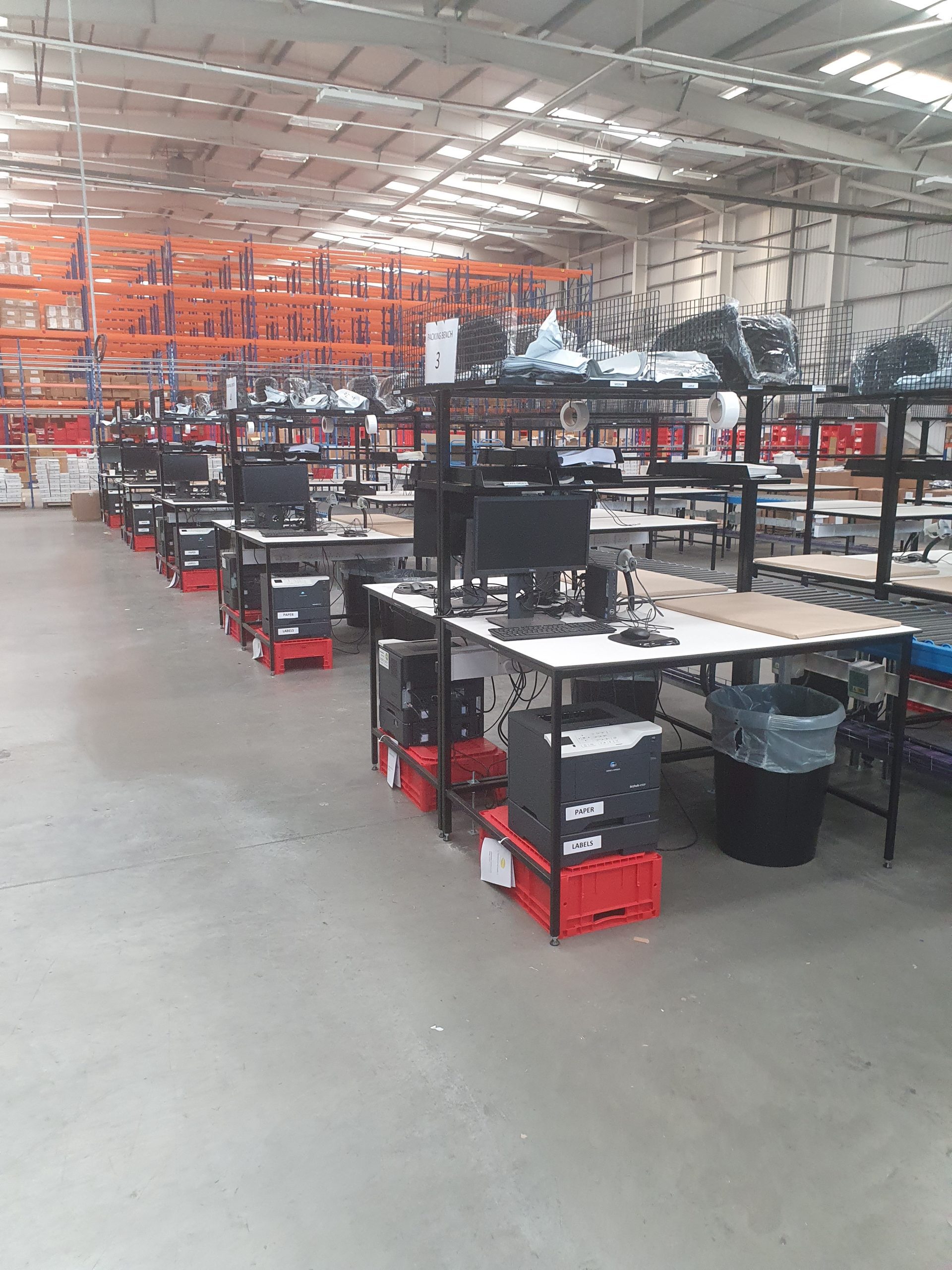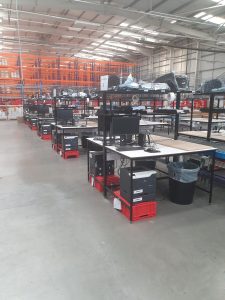Your basket is currently empty!

New energy regulations could render some warehouse space unusable by 2030 due to non-compliance with strict energy regulations.
Since April 2023, warehouses have been required to hold a minimum Energy Performance Certificate (EPC) of E. In 2027, this changes to a minimum of grade C, rising to B by 2030. Midland Pallet Trucks has warned that 18% of current storage space does not have a Grade C rating, and 60% could not meet 2030 standards without significant upgrading.
82% of warehouses were built before 2000, and often don’t have modern designs required to easily upgrade heating and insulation levels. Warehouse vacancy rates are very low at only 3.3%, which makes it difficult to find more modern warehouses to move to that comply with energy regulations or are simple to upgrade.
Midland Pallet Trucks advises warehouse owners to both upgrade their energy efficiency and invest in manual handling equipment that helps warehouses achieve less energy usage.
A warehouse equipment manufacturer that produces high-quality manual handling and storage equipment makes them using tubular steel that can be easily recycled. Manual equipment requires no energy supply and costs very little to maintain.
Phil Chesworth, Midland Pallet Trucks MD, said:
“By investing in durable tools that maximise productivity without unnecessary energy costs, operators can take a proactive step towards sustainability while easing the pressure on ageing facilities.”
He warns that warehouse operators who fail to plan for EPC compliance risk losing warehouse capacity. Every warehouse needs to take proactive steps towards sustainability goals.
You may also interested in:

The growing demand for warehouse conveyor belts
Research by Global Market Insights shows that the worldwide conveyor market was worth 5.7 billion US dollars in 2024 and is
Digital twins optimise warehouse performance
Digital twins is technology that improves the efficiency of a warehouse and
